Projects are available to all undergraduate and postgraduate students at BU and can be used for their dissertation, assignment, unit or group work. It is also possible for students to undertake a project for extra-curricular experience. Members of staff may also choose a project to set to their students.

The following projects are available:
SPB001: Sustainable funding marketing/business strategy for Poole Schools Association
Suitable for: Undergraduate/ postgraduate
Brief description: Create a marketing and business strategy that will enable Poole Schools Association (PSA) to make informed decisions regarding actions to take to secure sustainable funds on an annual basis.
SPB002: Marketing strategy for Volunteer Centre Dorset’s Community Credit Scheme
Suitable for: Undergraduate/ postgraduate
Brief description: Create a marketing strategy to raise awareness of Volunteer Centre Dorset’s Community Credit Scheme.
SPB003: Campaign strategy to raise positive awareness of people with learning disabilities in the community
Suitable for: Undergraduate/ postgraduate
Brief description: Create a campaign to raise positive awareness of people with learning disabilities in the community.
SPB004: Evaluation strategy for The Community Credit Scheme in Christchurch
Suitable for: Undergraduate/ postgraduate
Brief description: Create an evaluation strategy for Volunteer Centre Dorset’s Community Credit Scheme in Christchurch.
SPB005: Volunteering opportunities for individuals with learning disabilities: engagement and experience
Suitable for: Undergraduate/ postgraduate
Brief description: Research the ways in which individuals with learning disabilities engage with and experience volunteering.
SPB006: Identify products charities sell to create sustainable income and make recommendations for Volunteer Centre Dorset
Suitable for: Undergraduate/ postgraduate
Brief description: Research the products charities sell to create sustainable income and make recommendations to Volunteer Centre Dorset for a product or line of products they could sell to create income for, and raise awareness of, The Community Credit Scheme.
SPB007: Investigate fund raising for small business development through the utilisation of crowdfunding
Suitable for: Undergraduate/ postgraduate
Brief description: Investigate fund raising to support the development of a small business through crowdfunding. Examine current crowdfunding platforms and the feasibility of a low-cost DIY approach which does not involve a host platform.
SPB008: Product licensing for small and medium-sized enterprises (SMEs)
Suitable for: Undergraduate/ postgraduate
Brief description: Research product licensing and discuss practical approaches, from initial contact to developing joint ventures. Make a list of recommendations.
SPB009: Using social media platforms as a promotional tool for small and medium-sized enterprises (SMEs)
Suitable for: Undergraduate/ postgraduate
Brief description: Evaluate how a small business could use social media platforms to achieve growth.
SPB010: What does success look like? Academic women at BU speak
Suitable for: Final year undergraduate/ postgraduate
Brief description: Use qualitative or mixed methodologies to gain an understanding of what success looks like for academic women at BU. Data gathered will be used for a publication by the Women’s Academic Network.
SPB011: Development and creation of Poole Schools Association website
Suitable for: Undergraduate/ postgraduate
Brief description: Develop and create a fully functional website for Poole Schools Association.
How it works
- A student chooses a project and contacts the Student Project Bank to request an application form.
- We will contact them to discuss their requirements and the requirements of the external organisation. For specific projects or those with a number of applications, the student may be asked to an informal interview.
- We may schedule a meeting between the student and external organisation to discuss the project, if applicable.
- Once the project has been completed the results are shared with the external organisation. The project may be published as a case study on the Student Project Bank website.
Find out more
Visit our webpage or send us an email.
 If you are thinking of applying for EU funding in the coming year, you need to be at this event!
If you are thinking of applying for EU funding in the coming year, you need to be at this event!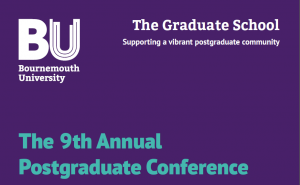 The BU Postgraduate Annual Conference, Wednesday 8 March 2017 showcases the best of BU’s postgraduate research. It provides a unique opportunity for Postgraduate researchers and Masters’ students to present their work.
The BU Postgraduate Annual Conference, Wednesday 8 March 2017 showcases the best of BU’s postgraduate research. It provides a unique opportunity for Postgraduate researchers and Masters’ students to present their work.
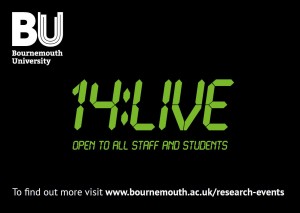


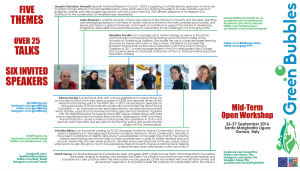
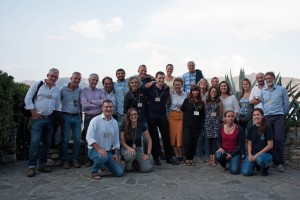
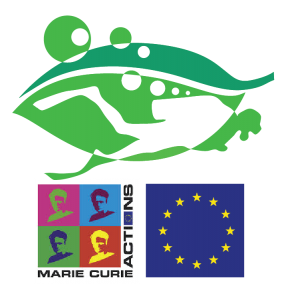


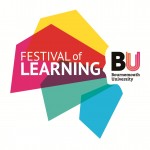 With the call for proposals now open for
With the call for proposals now open for 
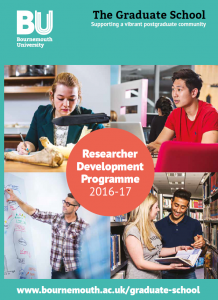











 BU paper among top 20 most cited papers
BU paper among top 20 most cited papers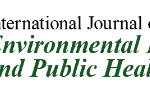 Nepal migrant workers returning from India
Nepal migrant workers returning from India New BU midwifery publication
New BU midwifery publication MSCA Postdoctoral Fellowships 2025 Call
MSCA Postdoctoral Fellowships 2025 Call ERC Advanced Grant 2025 Webinar
ERC Advanced Grant 2025 Webinar Horizon Europe Work Programme 2025 Published
Horizon Europe Work Programme 2025 Published Horizon Europe 2025 Work Programme pre-Published
Horizon Europe 2025 Work Programme pre-Published Update on UKRO services
Update on UKRO services European research project exploring use of ‘virtual twins’ to better manage metabolic associated fatty liver disease
European research project exploring use of ‘virtual twins’ to better manage metabolic associated fatty liver disease